We often develop the idea that a culinary arts institution is only for individuals who wish to cook.
However, while culinary arts schools are dedicated to the tutelage of cooking, the truth is it is a multifaceted discipline that touches a myriad more aspects. In fact, you might be surprised that there are a lot of things you will learn in cooking school that have absolutely nothing to do with cooking. These are the things that give you a better understanding of what it takes to make it in the restaurant and food industry. Unfortunately, there are things that cannot be taught to be understood--they need to be experienced. To illustrate this better, below is a list of some of the unexpected things you will inevitably encounter in your experience as a culinary arts student.
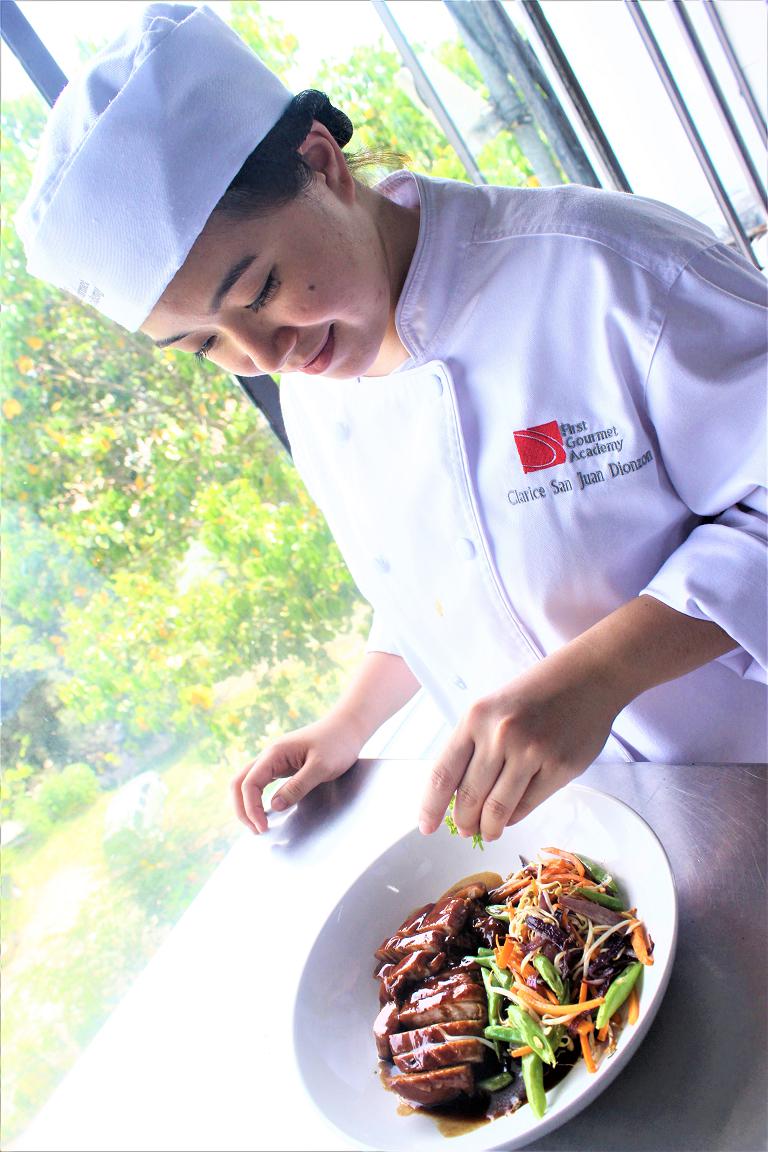 | 1.) Being a chef is something you do not learn
Admittedly, culinary arts is a school that teaches you the ropes of being a chef. You are mentored by multiple established chefs who are well-respected in the industry and are taught the basics. You are taught what you need to know. However, bear in mind that becoming a chef is so much more than just learning the basics. You need to know how to apply your knowledge and tools in your own distinct way. You do not need to follow the textbook closely and strictly. With that said, you should not expect to leave school as a chef considering that there is so much more hard work to do after graduating. You learn a lot through experience and it is that very same experience that would help you become the chef you wish to be. |
2.) "Mise en Place" is something you will think about for the rest of your life
Although that is not necessarily a bad thing as that is the point. In this regard, you should never forget it. However, "mise en place" is something that you can apply even in areas of life outside the kitchen. If you do not know what this means, it is recommended that you learn it even before you start your very first cooking class. | 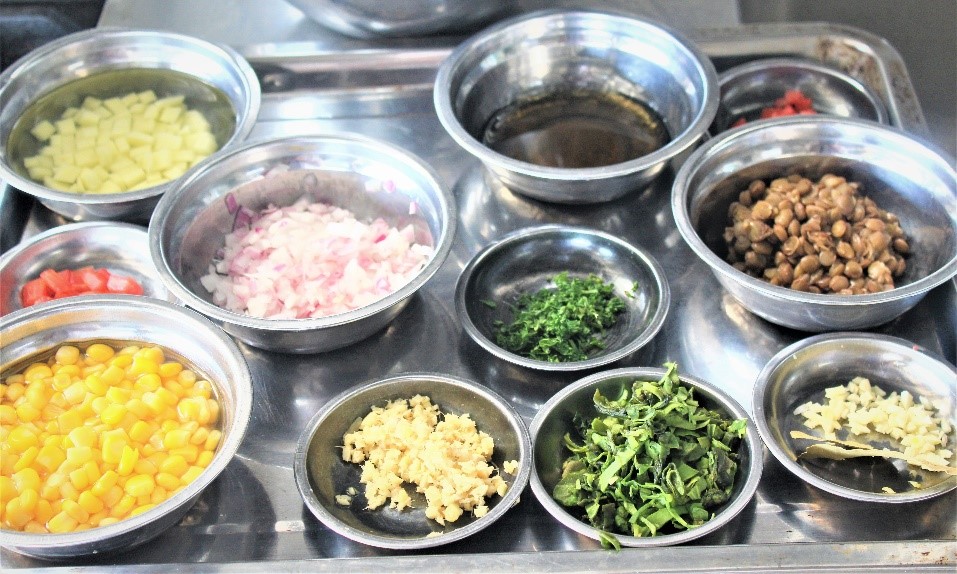 |
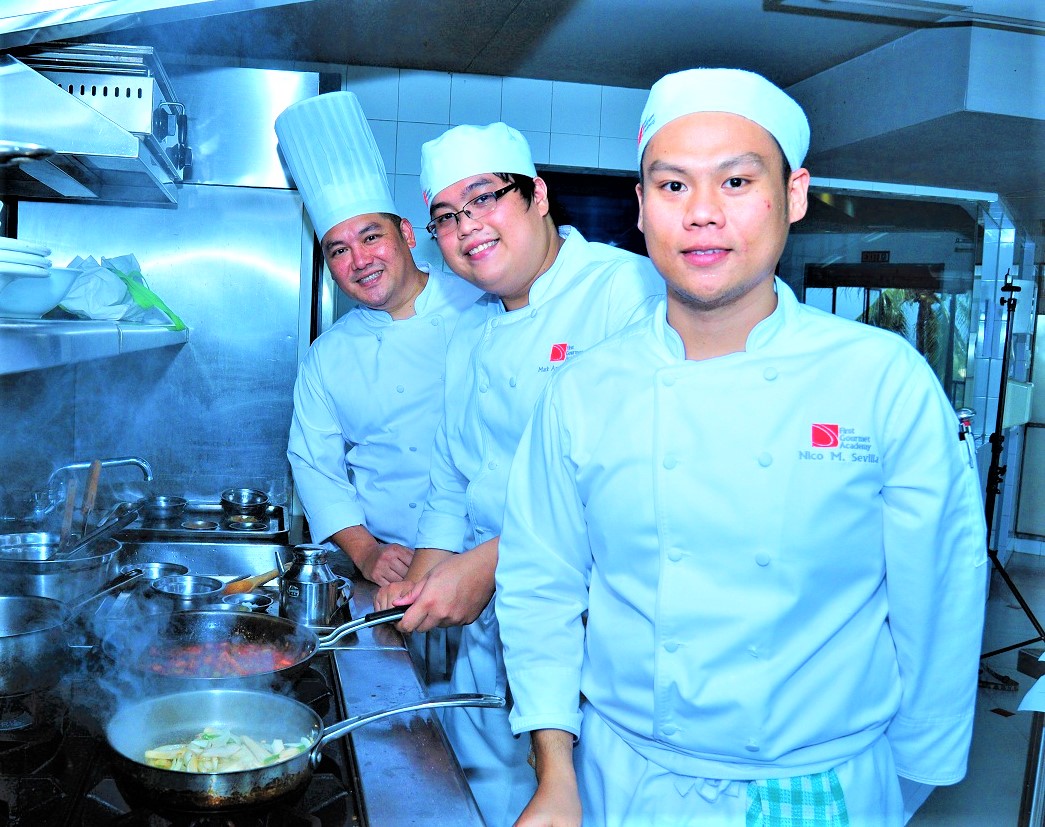 | 3.) Your instructors are a lot nicer than you would expect
Considering that reality TV has skewed our perceptions of how chefs behave in their respective kitchens, it is inevitable for us to develop the misconception that chefs are akin to military generals in their tutelage. However, your instructors just wish for you to be successful. They are as aggressive as they are portrayed on television. In fact, instructors strive to make you feel comfortable in class and do everything that they can to help you understand an idea or technique. Bear in mind, however, that there may be instructors who are a lot stricter than others but while they may be a little firm in their teaching techniques, know that they are truly dedicated to the success of their students. |
4.) You do not get to work in the kitchen on your first day
While this may upset students who wish to dive into the action immediately, the reality is you need to do a lot of preparation before you are even allowed to go near anything that is hot or sharp. Apart from ensuring that you will be using the right techniques, it also guarantees your safety. After all, most students who attend culinary school have never tried working in a commercial kitchen in their lives. | 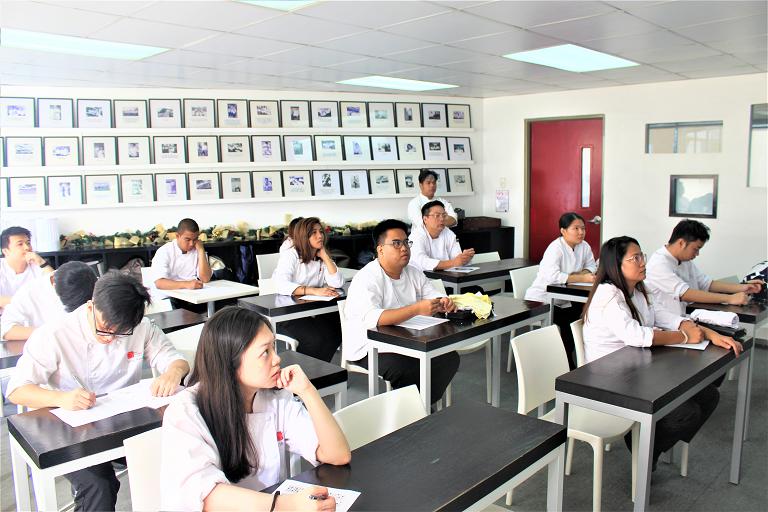 |
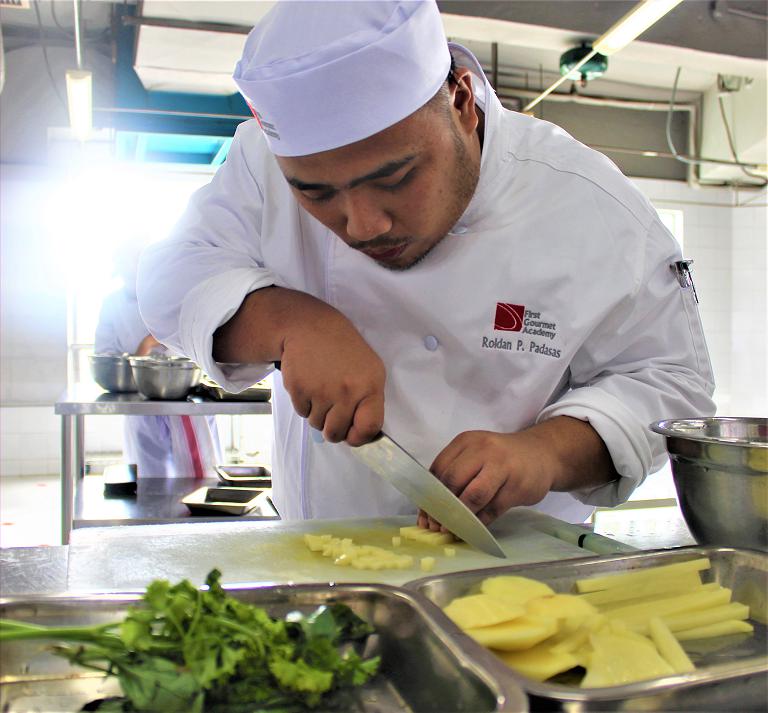 | 5.) There is a likely chance that you will be cutting a LOT of potatoes
Depending on where you enroll, you are likely to cut a lot of vegetables during the duration of your course. As culinary students, you need to be practicing your knife skills and the best way to do so is to cut vegetables. Ideally, you practice your knife skills for an hour almost everyday. At some point it may feel redundant and maybe a bit boring, but that means that it is working. |
6.) Food gets thrown away
Considering how much cooking is actually done throughout the day, it is inevitable for culinary schools to have an excess of food. In this regard, students are encouraged to bring food storage containers to class with them so that they could take home the food they prepared in class. | 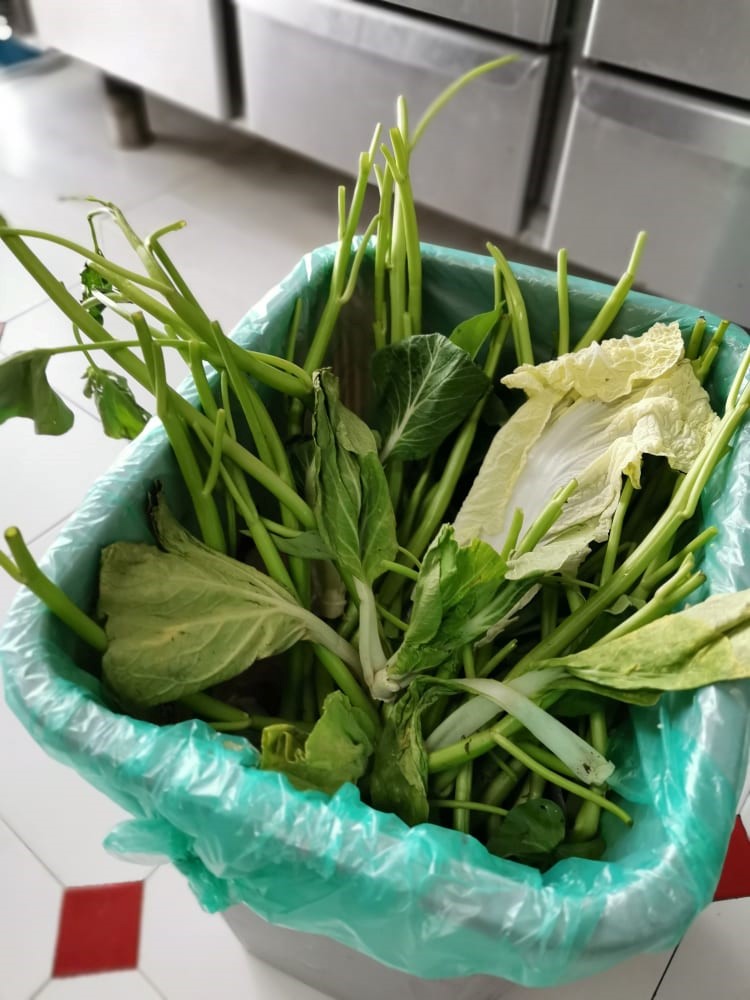 |
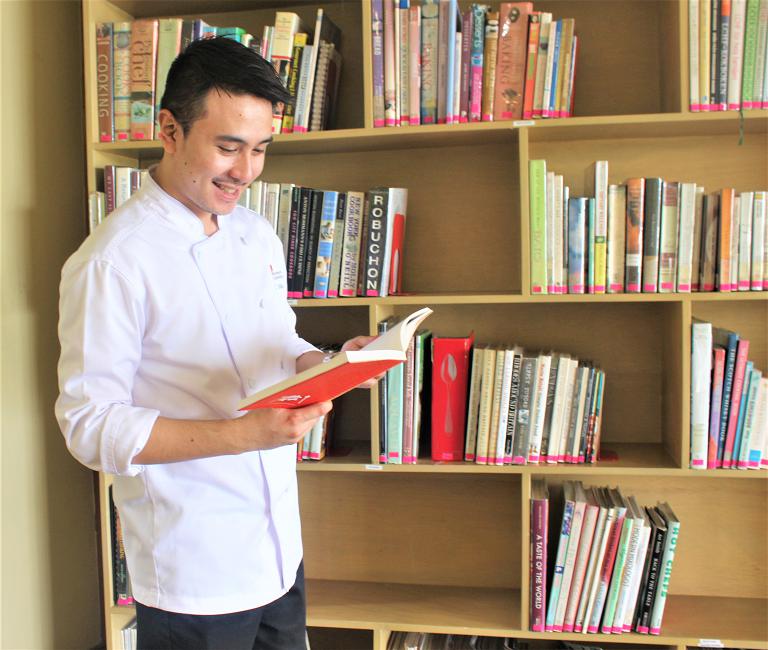 | 7.) It requires a lot of reading
While most of what involves cooking is a practical art, this in no way means that there is almost no studying involved. In fact, it may surprise you that your instructors would require you to read several chapters of your textbooks every night. You may even be required to take general education classes, so it may feel like you are going back to school. However, bear in mind that everything involved is about food and that lots and lots of reading and bookwork are involved. |
At First Gourmet Academy, you can have a very enriching learning and culinary experience. With our tutelage, you can have a diverse experience that is both rewarding and enlightening. Enroll at First Gourmet Academy today and begin your journey towards realizing your true potential.






